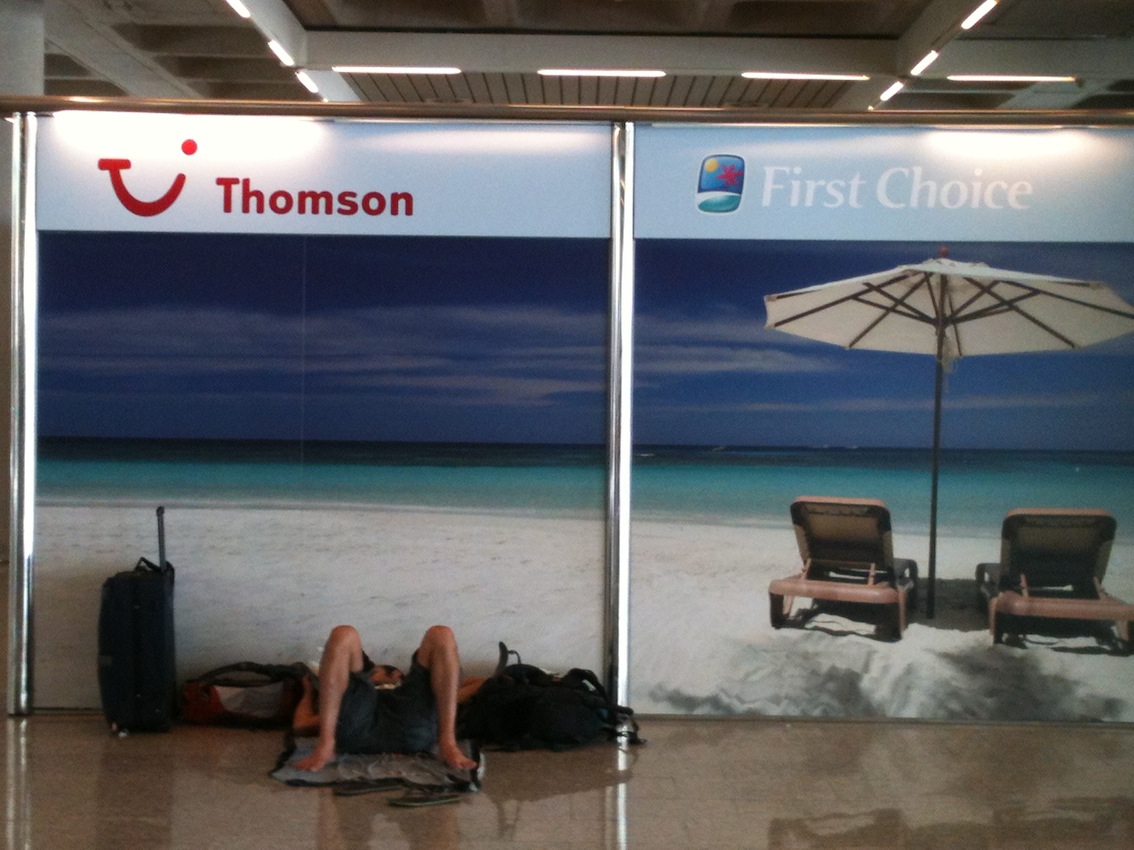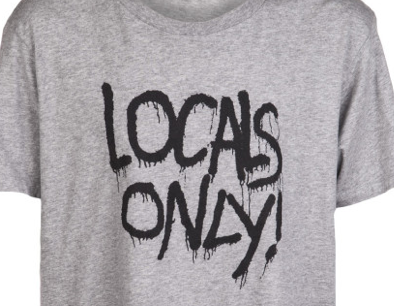
Key Trends for the Future of Travel & Holidays
1. Mobile me
In future everyone’s life will be carried in the palm of the hand. Access to information will define you and personal technology will be an ever-present companion – at home and on holiday. Wearable computing will be the norm.
Even more than today we will be “always on”, with technology providing a “sixth sense” in our lives, allowing us to operate as virtual beings. We will use mobile phones (which almost certainly will not look like the phones of today) to communicate, to inform our selves in real time about the world around us, to document the minutiae of our lives and above all to manage our finances. Ultimately, micro-technology will be embedded in our bodies.
2. Personalisation
The personalisation of everything will be the norm. The more of our data we submit to organisations, the more they will be able to tailor to our needs – whether they are ones we know about or not. The availability of 3-D printing, allied to higher level personal computing will allow us to be designers, creators and curators of our possessions and our surroundings. From mass production, to mass customisation, to micro-personalisation we will be able to express our individuality in every facet of our lives and this will include our holidays.
3. Flexibility
As our lives become more unpredictable, the more we will demand flexibility in every aspect of our lives – starting with the fundamentals. Our careers will be increasingly portfolio as we assemble a collage of skills. We may have returned to being a rental economy in our housing. We will see modular cars as the norm (and probably with short-term lease, rather than buy). As our working hours become more erratic (possibly with the expansion of “zero hours” into middle class life), we will become short-termist in our planning and this will include holidays.
We will expect to be able to change our minds up to the last minute, combine disparate destinations, alter our party make up and design, barter and bargain for deals. The challenge for companies will be to not just respond, but embed flexibility into every aspect of their offers.
4. Premiumisation
As we aspire to express our individuality, we can anticipate a future where premiumisation exists in every market. Having been told for years “you’re worth it”, we will come to believe it. Information accessibility will give us the tools to research and demand constant product and service improvements. Companies will have to be more transparent in every aspect of their offers and we will pick and choose the modular make – up of our lives. In our holidays we will want the option to upgrade everything. Exclusivity will be sought at every stage of the process. We will not just pay for quality, but also for scarcity and rareness. Time, space, solitude will be aspirational as we live in a more crowded and full on world.
5. (Re)connection
In the future we will be alone together. We will live fragmented lives in a digitally joined up world. Nuclear families will have become atomised, we be worried about work/life balance and we will struggle to distinguish between both. While some will thrive on stress, it will begin to be seen as a killer disease. Holidays will, as never before, offer an antidote to this for many. A rare opportunity for real time, rather than virtual, connection with friends, family and ourselves.
6. Discovery
While sea, sun and sand will continue to be the main ingredient in many holidays, a growing number of us will have a nagging desire for more significant experiences. We may want to discover unfamiliar countries, get a fleeting feeling of being an insider and part of a different type of community. Adventure with a small or large ‘a’ will be part of the mix of future holidays. For families in particular, exploration will have to be safe and from trusted providers. We may be looking to expand our mental horizons, absorb culture and learning. Agri-tourism and eco-tourism are just a couple of examples. Increasingly we will want to return from our holidays as different people – more experienced, more rounded – and not just in the waistline.
7. Simplification
If we think we are subject to information overload now, the future has the potential to boggle our minds. Services that make our lives easier, that know or can intuit our preferences and take the burden of decision making from us will be prized. Brands that we can trust to know us better than we know ourselves, that act as avatars and filters, will be rewarded with loyalty and bonding. We will seek out experiences that are pared down to their bare essentials as an antidote to complexity. A new cult of minimalism. In holidays, access to peace will be as precious to some as access to premium services. We may be prepared to pay to be deprived of technology, just to have a few hours away from screens in techno – retreats. Escape will be rare, hard to find and either extremely primitive and cheap, or extremely cushioned and expensive.
List by Richard Watson and Andrew Crosthwaite.
To be continued…






